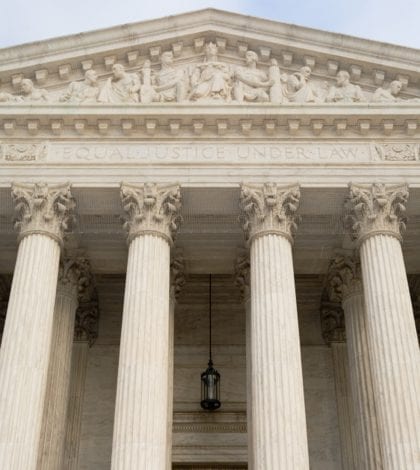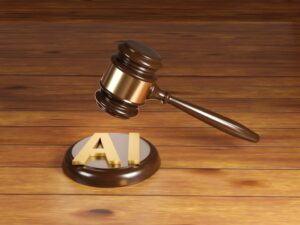Supreme Court Defines “Actual” Knowledge
March 9, 2020

On Feb. 27, the Supreme Court ruled in a case in which the plaintiff disputed the deadline for an ERISA claim based on fiduciary wrongdoing. His former employer, Intel, had argued that he’d missed the deadline for filing within three years of having “actual knowledge” of a breach. The lower court agreed with Intel that the plaintiff had actual knowledge through financial disclosures on a website. The plaintiff said he did not recall “actually” reading the disclosures and wasn’t aware of information he was given. In his opinion for a unanimous court, Justice Alito wrote that the term knowledge refers to “familiarity” or “awareness” or “understanding,” but “actual” indicates this comprehension is “real” or “in existence” as opposed to “constructive” or “possible,” or “presumed.” He observed that in everyday speech actual knowledge might seem like a redundant phrase, but in the law the “actual” qualifier distinguishes this understanding from an awareness that’s imputed or assumed based on the context. According to the opinion, willful blindness is not a valid defense, but it can be distinguished from the kind of coma that fine print-financial disclosures and three page revised privacy notices induce.
Read full article at:
Daily Updates
Sign up for our free daily newsletter for the latest news and business legal developments.




